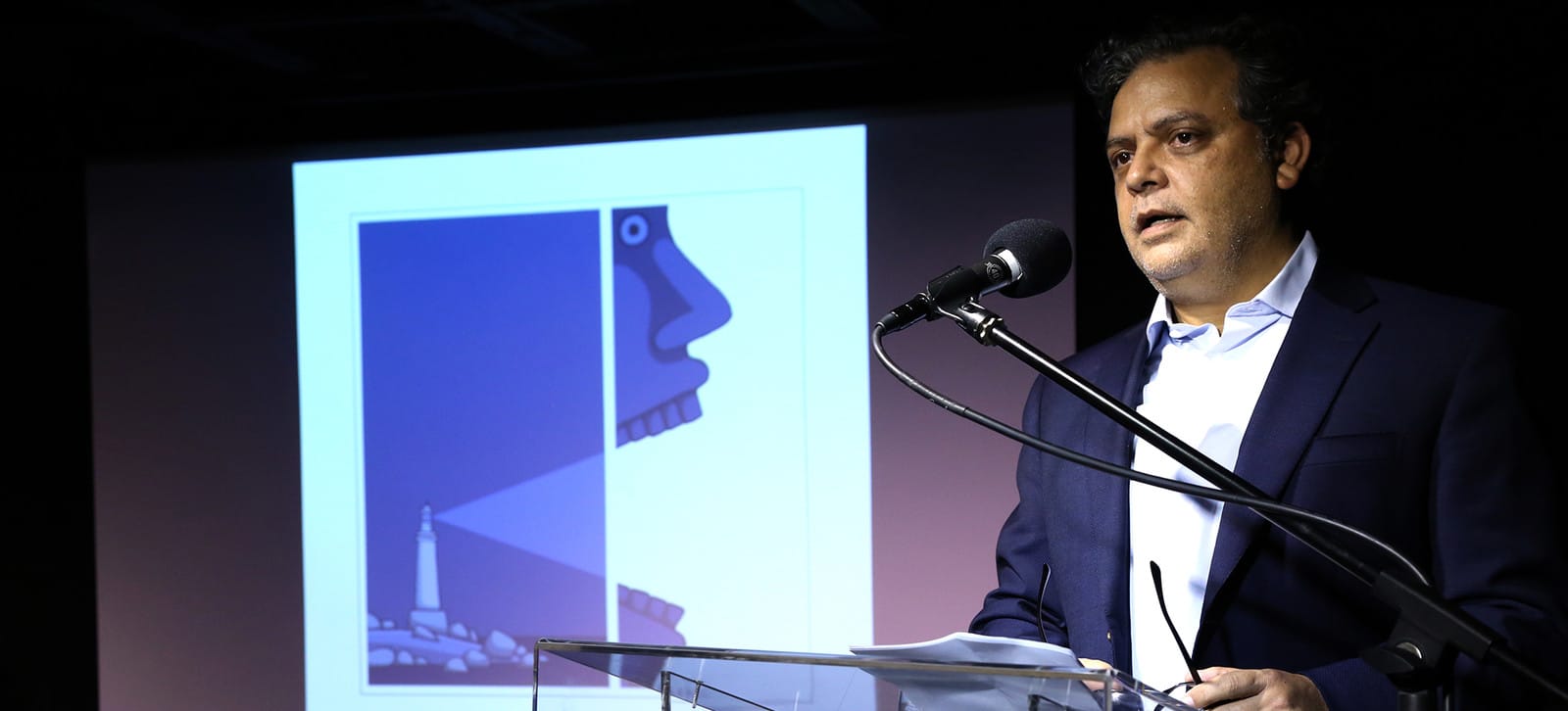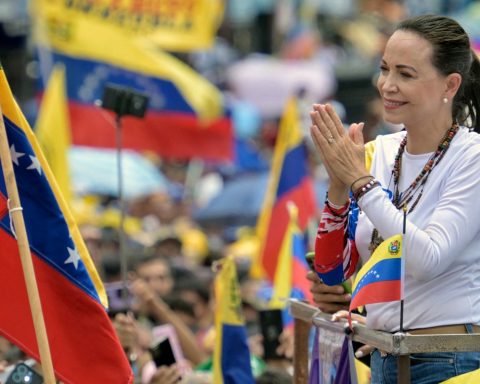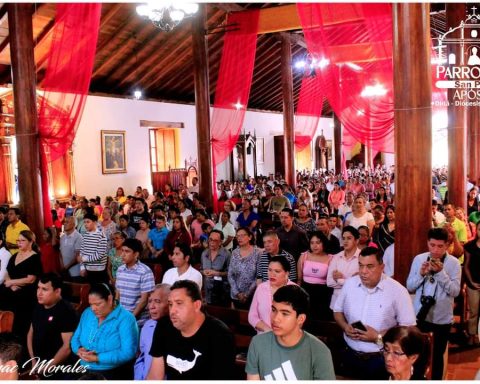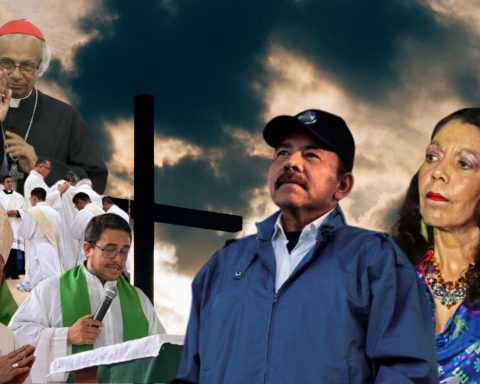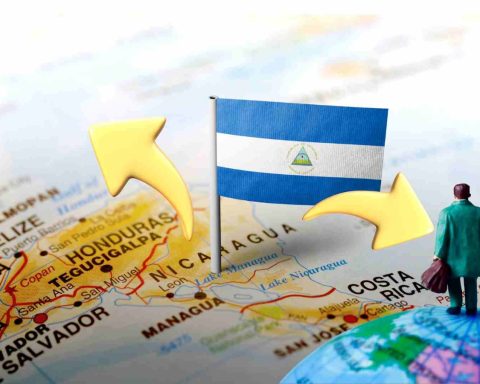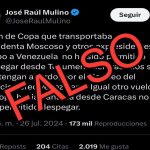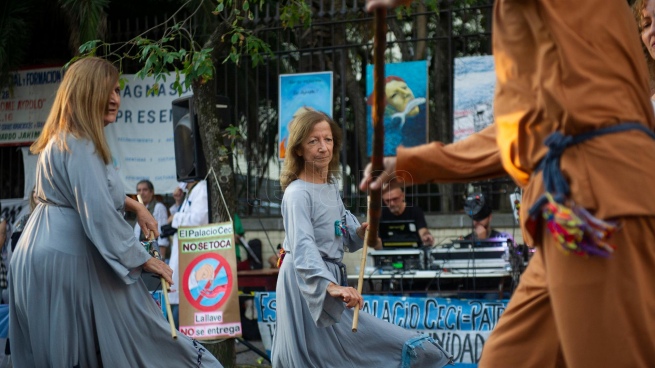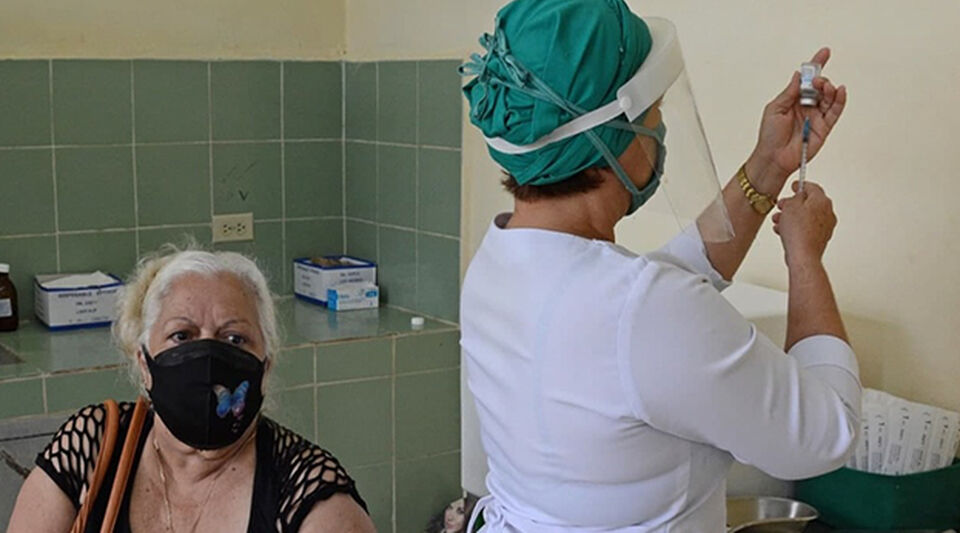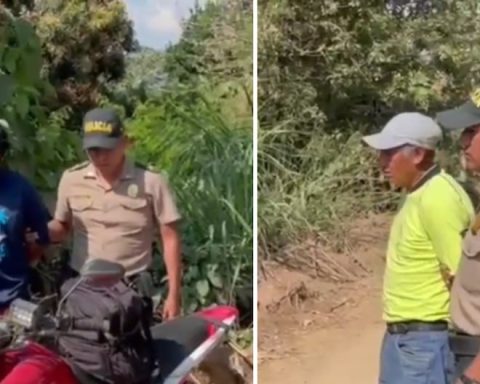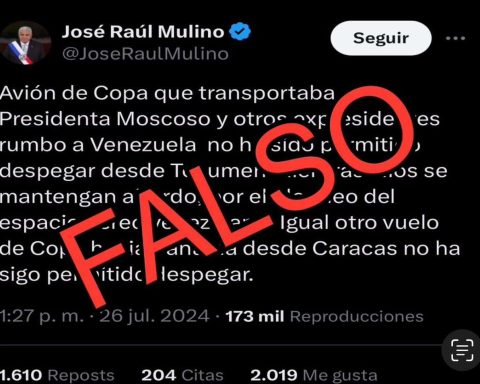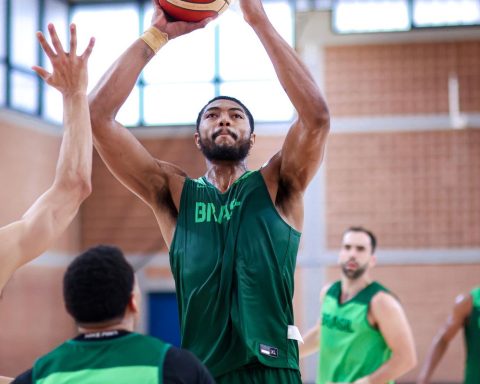The reform to the Salvadoran Penal Code, which prohibits the reproduction of gang messages in the media and punishes those who do so with up to 15 years in prison, is the first “gag law, the first legislated censorship” since the Peace accords -which put an end to the civil war in 1992-, considers the founder and director of the digital medium El Faro, Carlos Dada.
This Thursday El Faro published an editorial protesting the measure, which limits the population’s right to be informed. Dada highlighted “the brave voice” of the Association of Journalists of El Salvador, which has been a protagonist in the defense of the rights and interests of journalists and citizens. He added that the written press, above all, has shown a “strong rejection” of the legislative amendment and the legal imposition of censorship.
The measure places Bukele, according to Dada, “in the same club” as Daniel Ortega, Nicolás Maduro or Jair Bolsonaro, known for being repressors of freedom of expression in their respective countries: Nicaragua, Venezuela and Brazil.
“Any mention of the gang phenomenon, of the communities that they control or do not control, of the dispute over these territories with the State, can be punished with up to fifteen years in prison for a journalist or for the legal representative of the medium in which they appear. post this news. This obviously has the objective of silencing any other version of reality that is not the official truth”, explained Dada in an interview with the television program This week airing this Sunday, April 10.
For more than a decade, El Faro has led journalistic investigations that revealed negotiations between different governments with the maras, those of Arena, the FMLN, and Bukele, in which official leaks from the prison system and the gangs themselves are a source. information essential to corroborate the information. However, the president toughened his speech against these criminal groups and said on April 4 that it has become clear who his partners are, referring to organizations, journalists, politicians, among others.
Dada asserted that the main Salvadoran parties “have agreed with gangs.” “The first to agree, as far as we know, was the government of Mauricio Funes –Nicaraguan nationalized under the protection of the Ortega regime and wanted by the justice of his country-. In 2010-2011 he began to secretly negotiate with the gangs, and when we made these negotiations known, the first thing he did was deny their existence, until it became so evident that he had to institutionalize that truce, which ultimately failed.” , he expressed.
Bukele also agreed with the maras when he was mayor of El Salvador, between 2015 and 2018, which Dada assures they recorded with photographs and recordings. “We also managed to publish negotiations between Bukele, the president, and the gangs a year and a half ago… Those publications were essentially based on an investigation being carried out by the Office of the Attorney General of the Republic, where phone calls are documented, where there are videos, there are photographs, there are documents that we present at El Faro,” he said.
To this day, the president continues to deny the existence of such negotiations despite the documentation, says Dada. However, he dismissed the prosecutor and dismantled the unit that was investigating him. He argued that the decrease in homicides – in El Salvador – was due to the territorial control plan, a plan that “we are not aware of, that has not been made public, because the President says that it is a matter of national security,” he pointed out.
The state of emergency was approved on March 27, after 62 people were murdered the day before. The ruler asked the Assembly – with an official majority – to approve the emergency regime for a month to deal with the wave of crimes.
After that date, the military and police have carried out massive raids in neighborhoods and communities, capturing more than 6,000 Salvadorans. The amendment also contemplates the legality of the interference of private communications without the need for a court order and prohibits the right to association, meeting and assembly of citizens.
“Apparently it is a very convenient exceptional regime for President Bukele to continue cloistering the lives of citizens, our rights and our freedoms. The amendments to the Penal Code that establish censorship are not part of the exceptional regime, it is a legal amendment that is there”. He adds that the operations carried out in recent weeks have shown that during the three years of Bukele’s government, those communities were still controlled by gangs, he said.
“What it shows you is that in those communities the life of the community had not been altered, the State had no presence, and therefore, that tells you that it was not the territorial control plan that explained this drastic decrease in homicides” , he insisted.
“Which of them -those captured- are or are not related to these 87 homicides- from March 25 to 27- from the weekend of two weeks ago? We don’t know, so far there is no report on that, ”she adds.
partial institutions
The journalist explains that the Prosecutor’s Office should act based on a complaint or ex officio in relation to what is established by the new Gag Law. The problem is that this State entity is “controlled” by the Presidency of the Republic. “Bukele and his Assembly dismissed the previous prosecutor and imposed one at his convenience, who was the one who shelved the investigations into his negotiations with the gangs.” Once the Prosecutor’s Office accuses, a judge will have to evaluate the application or not of the amendment.
However, previous reforms to the judicial system have allowed the takeover of that institution by “Bukelismo”. These days the Salvadoran president has indicated on Twitter, “that any judge who issues a ruling contrary to what he calls -the security of the people-, and that favors the interests of the gangs, will in turn be investigated by the Supreme Court And that you have to face the consequences.”
“That is already dictated by the state of judicial independence that exists right now in El Salvador, where there are zero possibilities of exercising the legitimate right to defense, not only of journalists or civil society organizations that we end up accused with these new amendments, but also of the 6,000 Salvadorans captured in these massive raids that have been carried out in recent days,” warns Dada.
Another “absurdity” of the reform, according to the journalist, is that the deputies decreed that it be of public order, which means that “it is open to the retroactive interpretation of the law.”
“In other words, if the regime wants, it can accuse someone of violating the law that was born last Tuesday, of violating it ten years ago. How can this be put into practice when newspapers, like El Faro, have been publishing for years about what this law says can no longer be done? I have no idea how this legal aberration is going to be put into practice…”, expresses the journalist.
They will continue doing journalism
Dada points out that it is difficult to think that a journalist from El Faro can go to jail for a photo or coverage. “That’s not what we want to do journalism for, it’s not to finish fifteen years in jail,” he claims. Somehow they will continue reporting “because a newspaper cannot consecrate its life to the silence that authoritarian regimes seek, it cannot do it, it does not have that right, and we have to find a way to defend our freedoms.”
The step that El Salvador has taken “is a very serious attack against the freedoms that cost a lot to conquer,” he stresses.
“We cannot be the ones who subjugate ourselves to this type of tyrannical legislation, which simply ends with the freedoms of citizens, not just ours. And it is not only us who are at risk: artists, documentarians, filmmakers, academics who want to publish about gangs, today are also exposed to having these types of laws applied to them, ”he points out.
“The main objective of this regime has already become very clear to us, is to silence its critics and impose a single narrative of what is happening in the country,” he warns.
